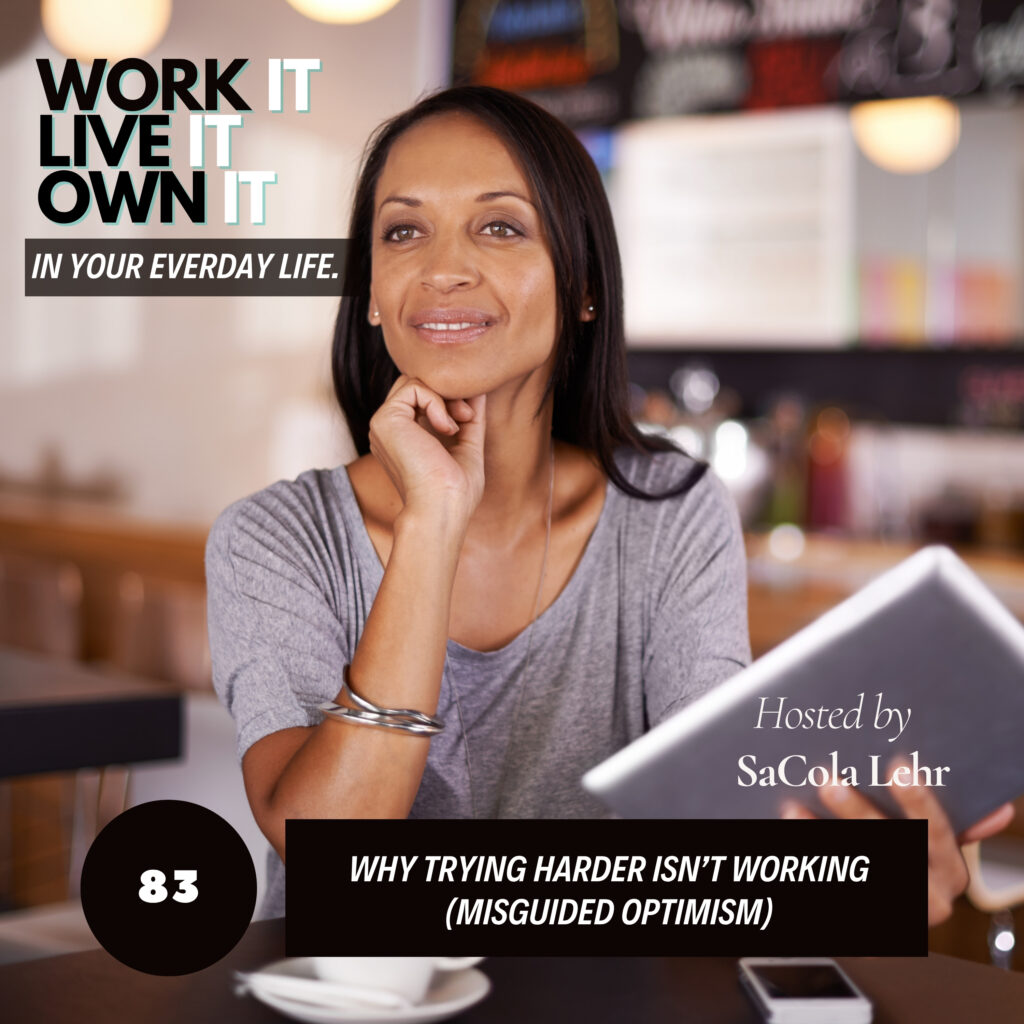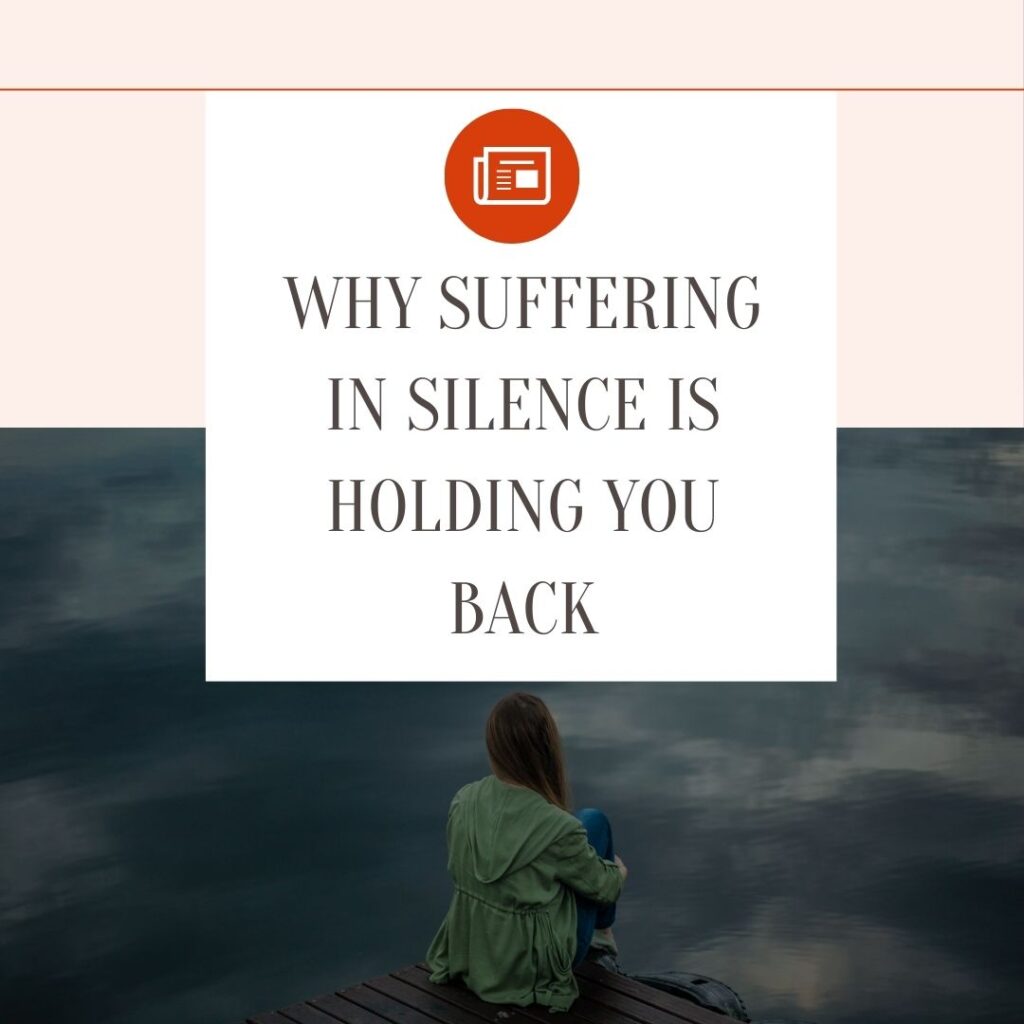Why Trying Harder Isn’t Working: The Truth About Misguided Optimism
If you’ve ever thought, “Maybe if I just try harder, things will get better,” you’re not alone. That’s what many women in the sandwich generation, balancing work, caregiving, and family, tell themselves every day. But here’s the hard truth: sometimes, trying harder isn’t the answer.

What Is Misguided Optimism?
Misguided optimism is the belief that more effort will make others change, help you feel better, or fix what’s broken. It’s rooted in good intentions but often leads to exhaustion and resentment.
When Optimism Helps and When It Hurts
Healthy optimism keeps you motivated and hopeful. It’s what helps you push through challenges with confidence and faith. But misguided optimism crosses the line when it ignores your limits. It tells you that if you just do enough, things will change even when they won’t.
How Childhood and Past Experiences Play a Role
For many of us, these patterns started early. Maybe you were the helper, the peacekeeper, or the strong one who held it all together. That’s how you survived. But as adults, that same pattern becomes over-functioning, doing for others what they can do for themselves, and draining your own energy in the process.
Breaking the Cycle
- Identify one area where you’re over-functioning.
- Focus on what’s actually yours to carry.
- Communicate your limits clearly and kindly.
- Let go of trying to control how others respond.
Real optimism is about trusting that things can improve without sacrificing yourself to make it happen.
Download Your Free Resource:
Grab the PRONE to Power Worksheet, your step-by-step guide to cultivating the mindset that helps you thrive: Prioritize, Rejuvenate, Organize, Navigate Boundaries, and Empower.
Download it here

